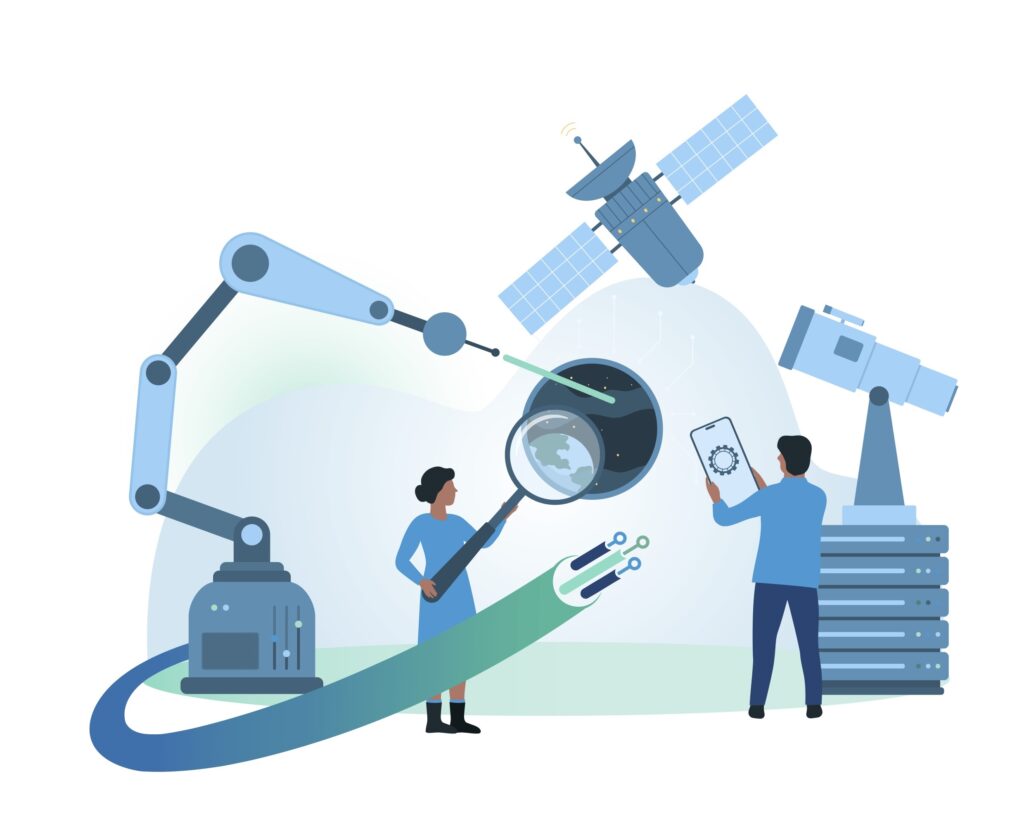12.02.2024Organization
QuTech welcomes six new Principal Investigators
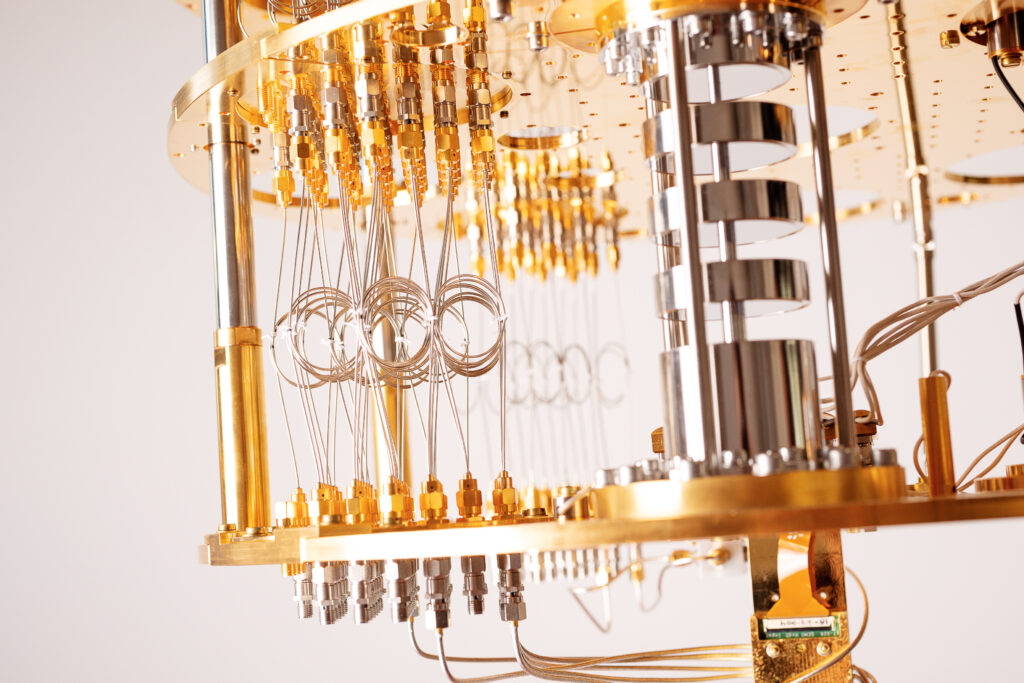
QuTech welcomes six new principal investigators. These quantum experts lead labs and research groups and started between the second half of 2023 and 1 February 2024.
The new research leaders focus on research within one of three core areas: quantum computing, quantum communication, or fundamental qubit research. This brings the total of quantum labs and groups at QuTech to 25, not including several research collaborations with industry. As a consequence, QuTech further cements its position as the leading quantum research institute in Europe.
Below is a list of the newly appointed PIs at QuTech.
Quantum Internet Division
Gayane Vardoyan (she/her)
Currently, Vardoyan holds positions as an Assistant Professor at QuTech and the EEMCS Quantum Computer Science (QCS) subdivision at TU Delft, and as Assistant Professor at the University of Massachusetts. The group that she leads at QuTech focusses on developing efficient entanglement distribution algorithms. In general, they are interested in addressing the many challenges pertaining to distributed quantum systems, as well as seeking new quantum-enabled possibilities and applications.
Vardoyan received her BSc in Electrical Engineering and Computer Sciences from the University of California at Berkeley and her PhD from the University of Massachusetts, Amherst, with Prof Don Towsley. Before moving into her current role as a principal investigator at QuTech.
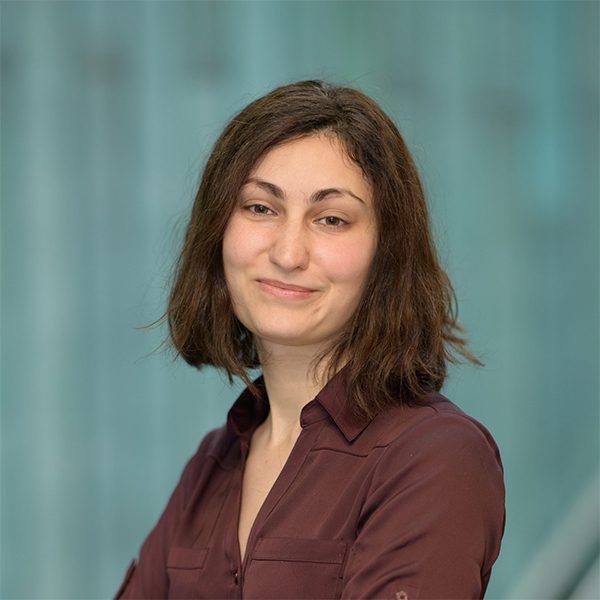
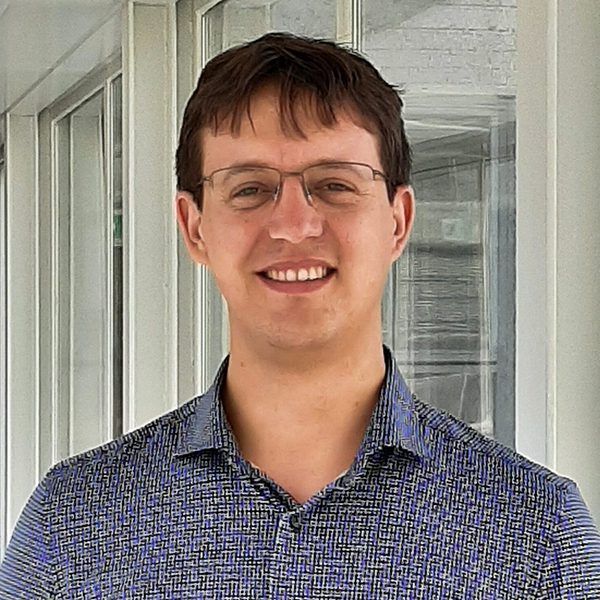
Quantum Computing Division
Maximilian Rimbach-Russ
The overall focus of the Rimbach-Russ group is to bridge the gap between experiments and quantum information theory. The group has close collaborations with several experimental and theoretical teams both locally and internationally, within Europe but also in the US. One particular focus of the group is driving the transition from prototype to practical quantum computers through theoretical efforts tailored to the needs. This involves understanding limitations the actual devices arising from the host environment and investigating solutions. Such solutions can range from improved designs for the host structure, over optimal regimes of operations, and optimal control techniques to countering undesired effects on qubits, until understanding the impact of realistic noise on quantum algorithms.
Rimbach-Russ obtained his PhD summa cum laude (‘with distinction’) in theoretical quantum physics from the University of Konstanz in 2019 under the supervision of Prof Guido Burkard and c-advisor Prof Jason Petta. Following that, he completed a postdoctoral position in the research groups led by Prof Lieven Vandersypen and Prof Menno Veldhorst, here at QuTech.
In 2021, Maximilian was honoured with a Veni Talent Fellowship from NWO. Earlier this year, he progressed to the role of group leader at QuTech, where he currently leads research on semiconductor qubit modelling.
Quantum Internet Division
Carlos Errando-Herranz
Next to the role of principal investigator at QuTech, Errando-Herranz is an assistant professor in the Quantum and Computer Engineering Division at EEMCS, TU Delft. The goal of his group is to build scalable quantum systems that enable utility-scale computation and communication. To achieve this goal, his lab develops quantum photonic integrated circuits based on the same processes that make the chips in our smartphones, and spin qubits in silicon operating at the same optical wavelength as the internet.
His group brings in the scalability of photonic integrated circuits to the qubit research at the quantum internet division, while strengthening the ties to the quantum computing division via joint work on silicon spin qubits.
Errando-Herranz received his BSc and MSc at the Universitat Politècnica de València, Spain, and PhD degree at the KTH Royal Institute of Technology in Sweden. After a postdoctoral position at KTH, he went on to MIT under a Marie Curie postdoctoral fellowship. His research interests are quantum photonics, integrated photonics, and color centers.
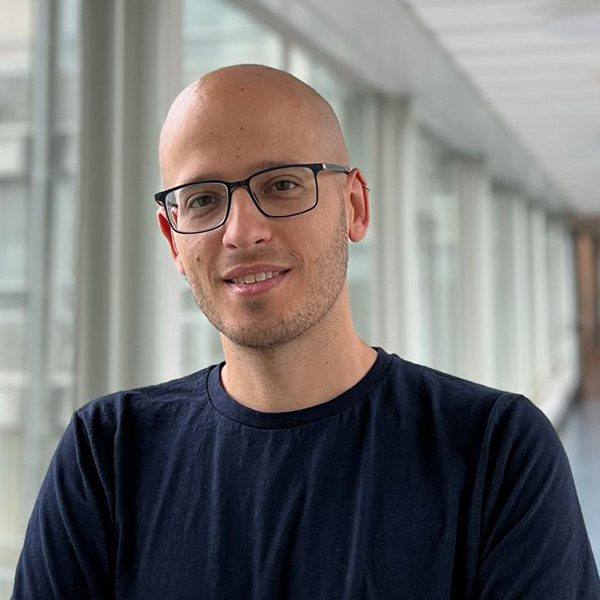
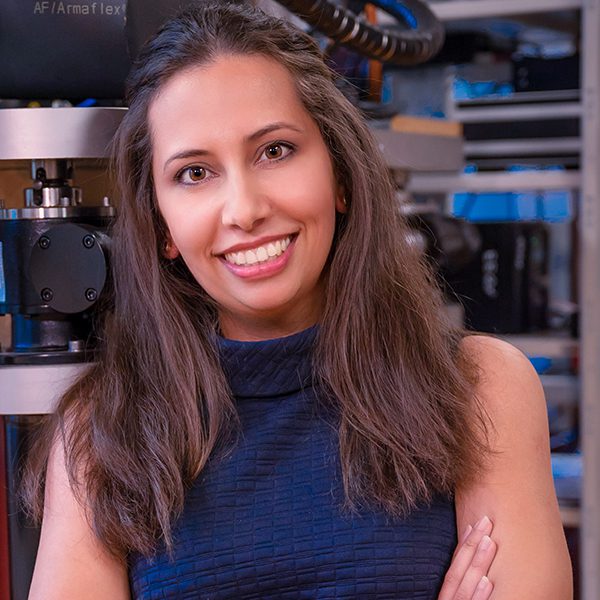
Quantum Computing Division
Nadia Haider
Haider’s scientific pursuits and research are centred on the design of superconducting qubits, cryogenic microwave circuit design, and simulation techniques for quantum processors and sensors. A key objective for Haider’s group is to conduct reliable numerical electromagnetic analyses of quantum processing units (QPUs), aiming to streamline the design process for our large-scale QPU. Additionally, Haider’s team will direct efforts towards pioneering the development of next-generation superconducting sensors tailored for detecting ultralow electromagnetic signals.
Haider received her MSc (cum laude) and PhD degrees in electrical engineering from the TU Delft in 2010 and 2015, respectively. After working as the lead applied electromagnetic scientist at TNO and QuTech, Haider took on the role of Assistant Professor at the Microelectronics Department of TU Delft in August 2023. She is also seconded to QuTech, where she continues her research in the field of quantum applications.
Quantum Computing Division
Stefano Bosco
Starting from January, Bosco will work on various aspects of semiconducting quantum computing, with a focus on spin qubits and on hybrid superconducting-semiconducting devices with the goal to optimize quantum information processing in a hardware-specific and scalable way. He is looking to bring universal large-scale quantum computers one step closer to reality. Bosco’s theoretical research, tightly intertwined with cutting-edge experimental research at QuTech, focuses on the microscopic modeling of semiconducting qubits. His team will aim to provide a deeper understanding of ongoing experiments, offer practical strategies to overcome key limitations of current hardware, and propose blueprints for the next generation of spin qubit processors. It complements the current research efforts and aligns with QuTech’s mission of developing prototypes of quantum computers.
Bosco was trained in nanoelectronics engineering at Politecnico di Milano, KU Leuven, and at Chalmers University. His interest in new technologies led him to the field of quantum computing, with the goal of understanding and designing innovative devices to best process fragile quantum information. This was the main focus first of his PhD at the Institute of Quantum Information at RWTH Aachen and FZJ Jülich in the group of David DiVincenzo, where he graduated summa cum laude (‘with distinction’) in 2019. He held a postdoc position at the University of Basel in the group of Daniel Loss and in 2022 as a staff scientist at the University of Basel.
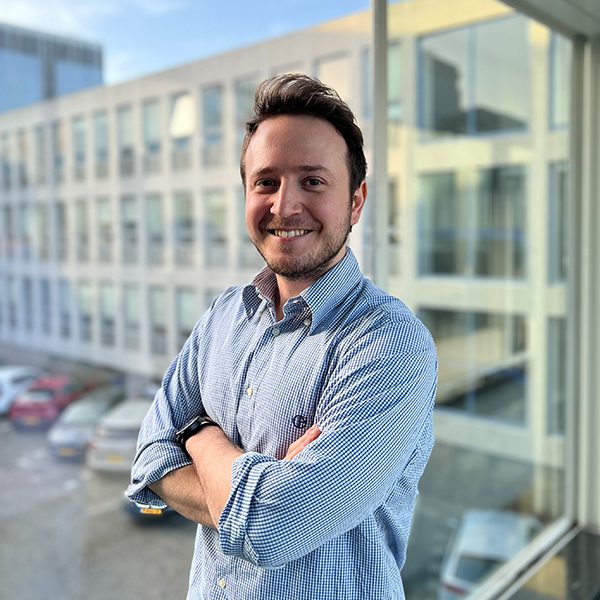
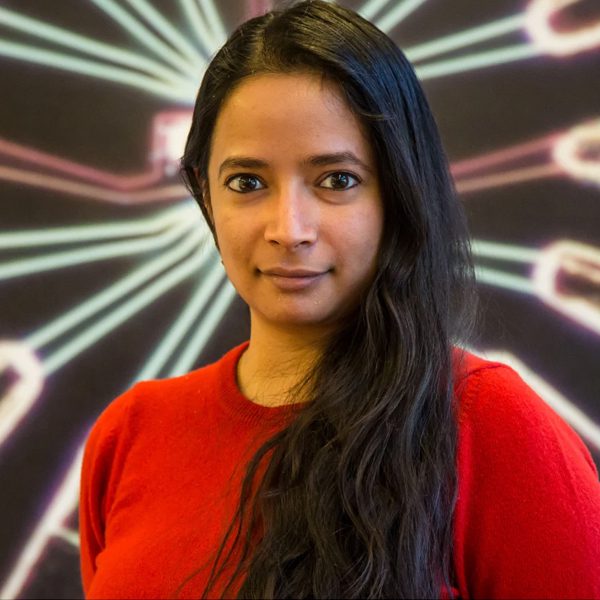
Qubit Research Division
Anasua Chatterjee
Starting in February 2024, Chatterjee will work on semiconductor-superconductor circuits for quantum technologies, as well as focus on the scaling of quantum control, calibration and readout in arrays of semiconductor qubits. She also has a particular interest in applying techniques such as fast readout and gate control to devices encoding condensed matter phenomena.
Her research hopes to address “growing pains” in the operation of quantum devices: challenges in calibration and control that occur when a successful qubit archetype is extended into a qubit array. For example, keeping track of a myriad of control parameters and optimizing them against evolving noise is essential for working larger-scale quantum processors. Additionally, she will focus on combining the strengths of evolving qubit types that use both superconducting and semiconducting materials, including those successfully developed at QuTech, and understanding the fascinating underlying hybrid physics. She has several PhD and postdoc positions available.
Before QuTech, Chatterjee worked at the Niels Bohr Institute, University of Copenhagen, as an Associate Professor at the Center for Quantum Devices. There, her experimental group and she researched better ways to build, operate, and scale solid-state quantum hardware, drawing on algorithmic techniques, hybrid materials, as well as highly fast and sensitive readout.
Chatterjee received her PhD from University College London, where she studied hybrid quantum-dot dopant devices and spin qubits fabricated on an industrial platform in the group of John Morton, and spent some time as a visiting researcher at the University of Cambridge. She has also worked on superconducting-semiconducting nanowire devices in the group of Jason Petta at Princeton University where she received her AB degree. After her PhD, Chatterjee spent time as an EPSRC Doctoral Prize Postdoctoral Fellow jointly affiliated to the University of Copenhagen and the London Center for Nanotechnology, working on extending spin qubits into two-dimensional arrays.

